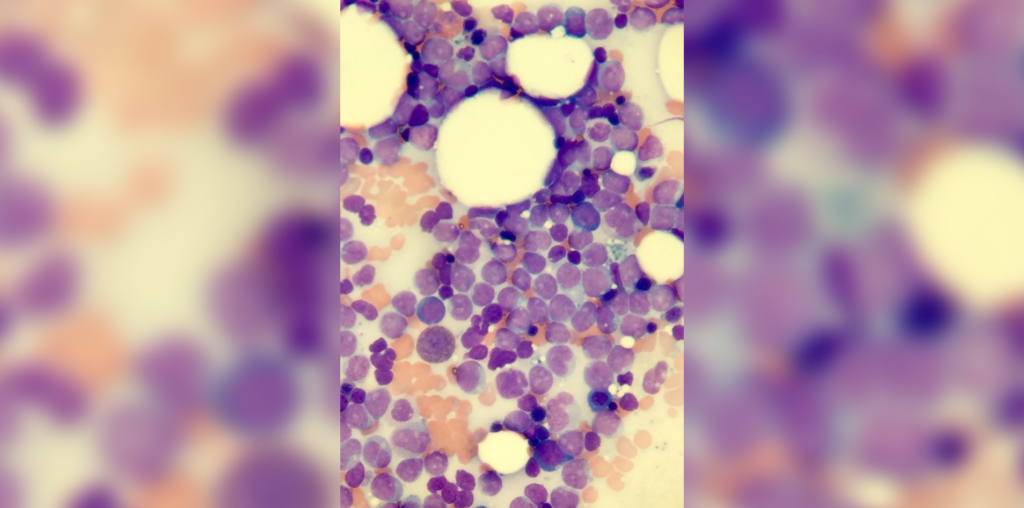
Hematology has made significant progress over the past decade. To get insight into recent advances and where the field is heading, as well as current trends in hematology, we connected with Dr. Mikkael Sekeres, Chief of the Division of Hematology, Sylvester Comprehensive Cancer Center at the University of Miami Miller School of Medicine.
He shared how far the specialty has come and how far it still has to go – but even with the challenges, he wouldn’t want to be in any other field.
What are some recent advancements in hematology that you find promising?

Our understanding of the biology of hematologic diseases has exploded in the past decade, illuminating potential therapeutic targets across the spectrum of hematology diagnoses. Within myeloid disorders, we’ve taken advantage of this through molecularly focused therapies, such as IDH inhibitors and FLT3 inhibitors. In lymphoid malignancies, immunotherapy, and specifically checkpoint inhibitors and CAR-T/cellular therapies, have revolutionized the treatment of patients with particularly refractory disease.
What trends in hematology are you currently seeing?
Hematology diagnoses are increasingly being parsed into smaller and smaller subsets. This is a good thing, as it recognizes the complexity of these diagnoses and that they can no longer be lumped together with an expectation that “one size fits all” treatments will be equally effective for all. But it makes conducting meaningful clinical trials that much more difficult because of challenges in enrolling large numbers of patients.
A good trend in the past couple of years has been the increasing attention on diversity, equity, and inclusion, particularly with respect to clinical trial enrollment. Trial sponsors, cancer centers, and investigators are now being held accountable for enrolling patients who reflect populations actually served by the cancer center. We have a long way to go, as recent articles have illustrated, but I feel there is finally a good groundswell of support for serving the needs of vulnerable and/or under-represented populations.
Ten years from now, what do you hope will have changed in hematology?
I unabashedly wish for much better drugs that significantly prolong my patients’ survival and hopefully cure them! In fact, I hope drugs work so well that I’m out of a job ☺.
Our healthcare system needs an overhaul in improving our accessibility and treatment of patients, and in how we treat our workers. We’re in a crisis mode following two years of a pandemic, with some reports stating that one in five healthcare workforce has left. People enter medicine for the most noble of reasons – to help others in a time of need. If we’re not helping each other, recognizing and addressing burnout, and if we don’t stop taking advantage of the bonhomie of our colleagues, nobody will be around to take care of us when we’re 10 years older.
Despite the challenges, I wouldn’t choose any other field. It is an exciting time to be a hematologist, and in our lifetimes, we will see (and have already witnessed) disease that used to be death sentences transformed to chronic conditions, or cured outright.
Published August 29, 2022
Join the Conversation
Sign up for Figure 1 and be part of a global community of healthcare professionals gaining medical knowledge, securely sharing real patient cases, and improving outcomes.


